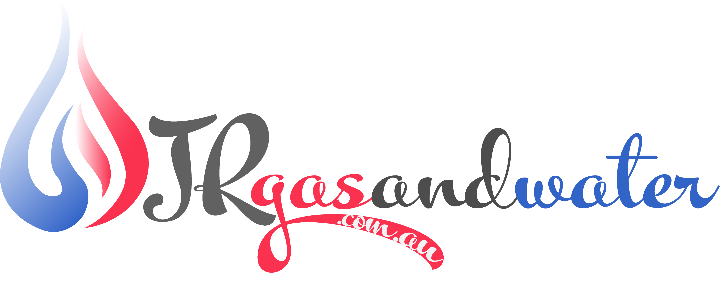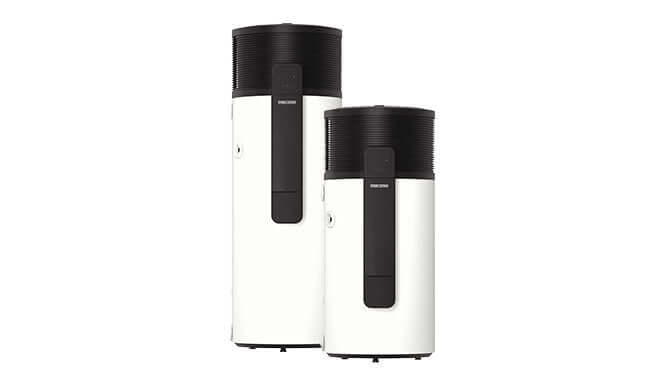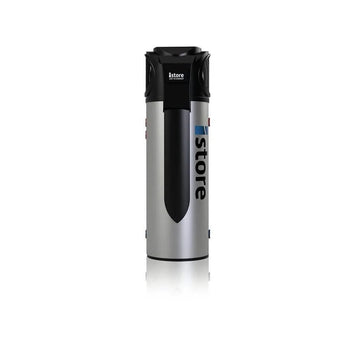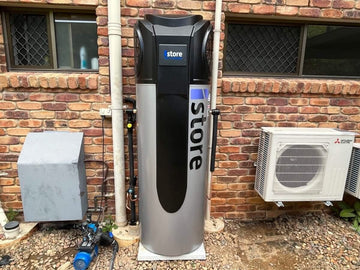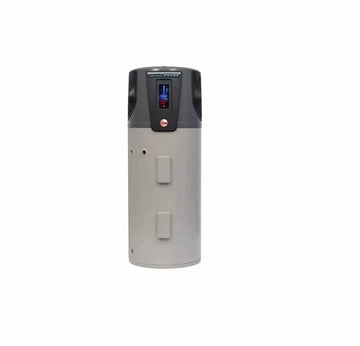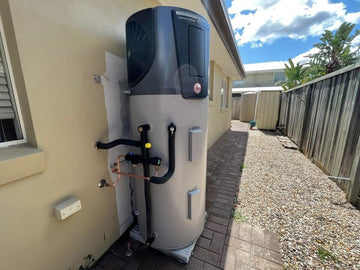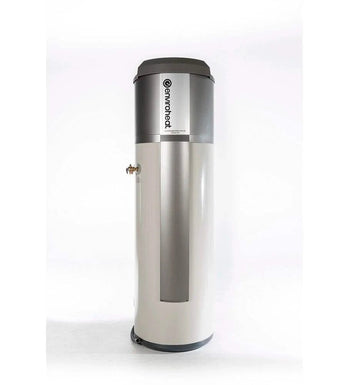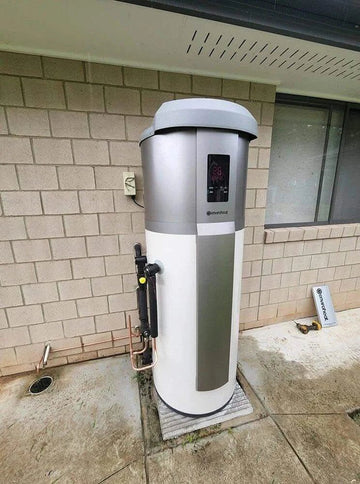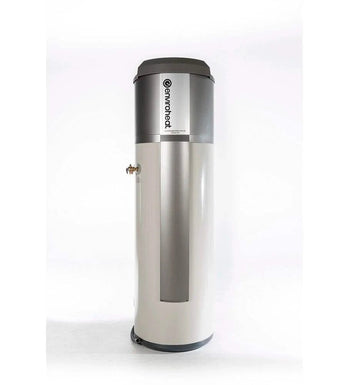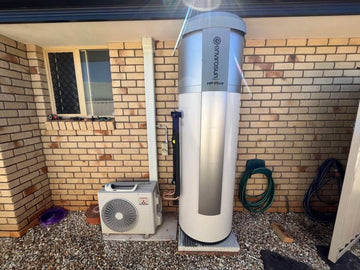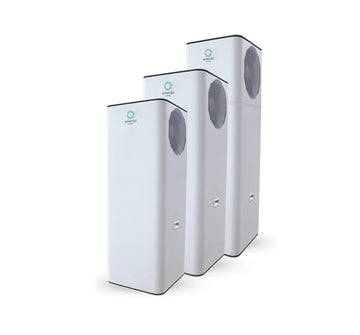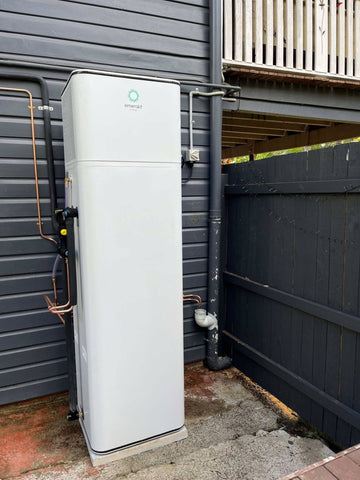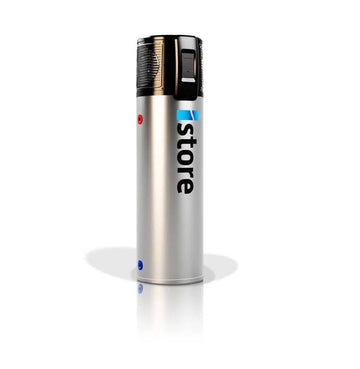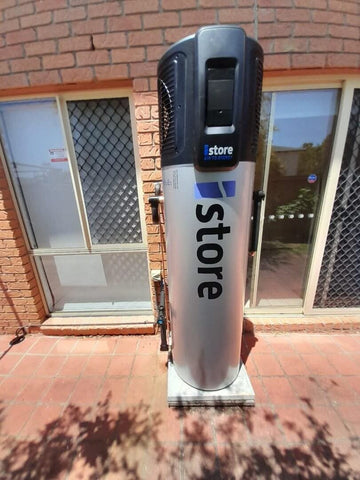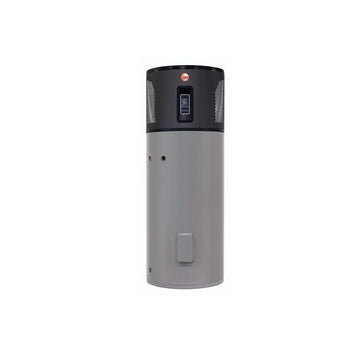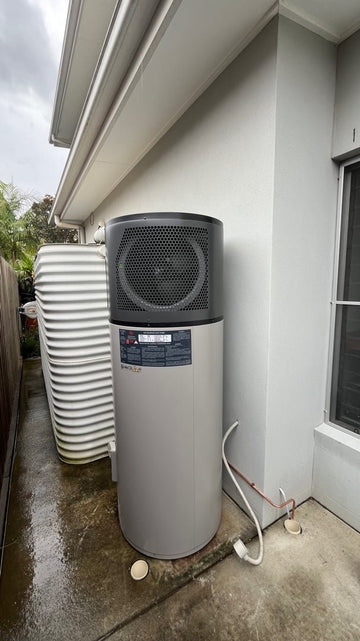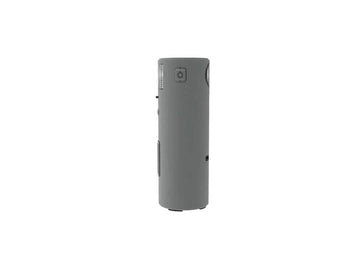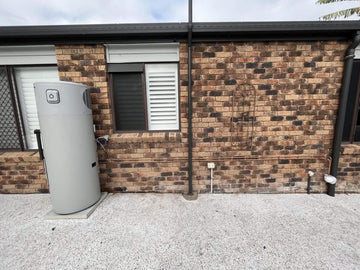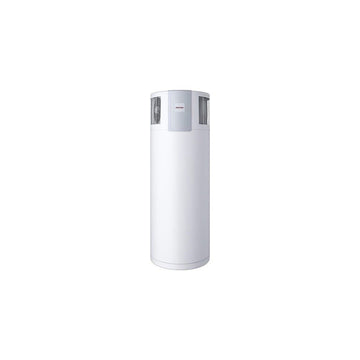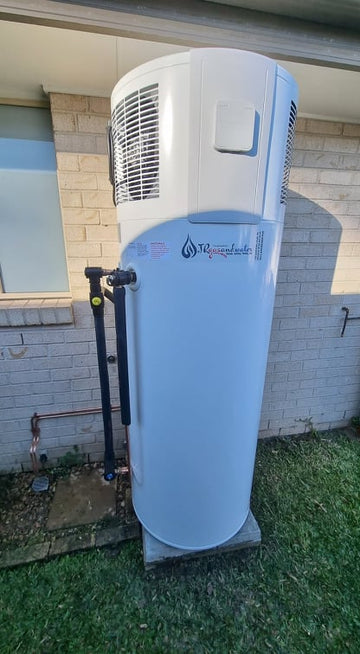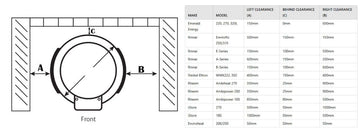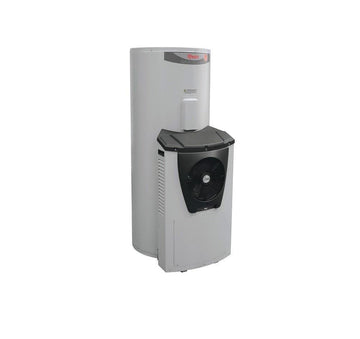Australia's Renewable Energy Target (RET) and Small-Scale Technology Certificates (STCs): A Comprehensive Guide
Understanding the Renewable Energy Target (RET)
Australia's quest for a sustainable future is evident in its electricity generation. From coal and gas-fired power stations to renewable sources such as hydropower, wind farms, solar hot water systems, and rooftop solar panels, the nation is on a steady course towards a green transition.
The Australian Government introduced the Renewable Energy Target (RET) to slash greenhouse gas emissions in the electricity sector and spur the generation of electricity from renewable sources.
How does RET function?
- Power stations of all sizes, as well as small-scale system owners, can produce large-scale generation certificates and small-scale technology certificates respectively for every megawatt hour of power they produce.
- Electricity retailers buy these certificates. They have a legal obligation under RET to submit these to the Clean Energy Regulator.
- This mechanism forms a market that incentivizes both large and small-scale renewable energy initiatives.
Owners of small-scale systems can produce Small-scale Technology Certificates (STCs) post the installation of an eligible system. The number of STCs depends on the amount of electricity a system either produces or replaces (i.e., electricity not derived from non-renewable sources). Most householders, when purchasing these systems, opt to transfer their certificate creation rights to an agent. This decision usually comes in exchange for a reduced purchase price. The benefit varies across regions based on solar energy intensity.

Delving into Small-Scale Technology Certificates (STCs)
An STC equates to one megawatt-hour of renewable electricity. This can be produced or replaced by eligible renewable energy systems, such as solar PVs, wind turbines, hydro systems, solar water heaters, and air source heat pumps.
Under the Small-scale Renewable Energy Scheme (SRES), eligible systems have a right to a certain number of STCs. The actual number depends on the system's location, its installation date, and the total electricity it can generate or replace in megawatt-hours (MWh). For ease of calculation, the government provides tools like the small generation unit STC calculator and solar water heater STC calculator.
Certificates, once validated, can be considered as currency. System owners can sell them to recover some of their installation costs or negotiate their transfer to other businesses or individuals.
The STC market is dynamic, with two primary segments:
- The open market, where prices fluctuate based on demand and supply.
- The STC clearing house, with a set price of $40 per STC (excluding GST).
Those engaging in the market should be aware that STCs are commodities, and their prices will vary. This fluctuation is influenced by factors like electricity prices, feed-in tariffs, system costs, technology evolution, and consumer behavior.
Electricity retailers are the primary STC buyers. They need them to fulfill their renewable energy obligations. The quantity they require depends on the total electricity they buy or sell and the prevalent small technology percentage.

Criteria for Small-Scale System Eligibility
If you're planning on installing a small-scale renewable energy system, there are criteria and steps to ensure you can benefit from the scheme:
- Installation Essentials: Before embarking on any installation, familiarize yourself with the necessary requirements. This knowledge ensures that once installed, your system qualifies for STCs.
- Document Retention: All relevant paperwork like compliance statements, photos, invoices, etc., should be retained for at least five years post certificate creation. The Clean Energy Regulator may request these at any time to validate the system's eligibility.
- Eligible Systems: It's crucial to have clarity on what systems qualify for the scheme. For example, solar PV systems must be under 100 kW capacity and produce less than 250 MWh annually. Similarly, wind and hydro systems have their specifications. Systems surpassing these specifications fall under the Large-scale Renewable Energy Target.
- System Enhancements: Modifying your system? Ensure you're aware of the stipulations, especially for expanded systems. Expansions might necessitate component upgrades. Also, systems with replaced panels that previously earned STCs during the entitlement period will not qualify for additional certificates.
- Other Requirements: Ensure your system is installed by a Clean Energy Council accredited professional and aligns with all relevant Australian Standards.
Solar Water Heaters and Their Eligibility
Solar water heaters, including air source heat pumps, have their criteria for STC eligibility:
- They must be registered on the official list of solar water heaters.
- Installation should be no older than 12 months when creating certificates.
- They should be categorized as small-scale, with solar water heaters having a capacity of up to 700 L and air source heat pumps limited to 425 L.
Harnessing the power of renewable energy not only reduces the strain on non-renewable resources but also offers financial benefits through schemes like RET. Ensure you meet the criteria, and you're on your way to a sustainable and potentially more cost-effective future!
